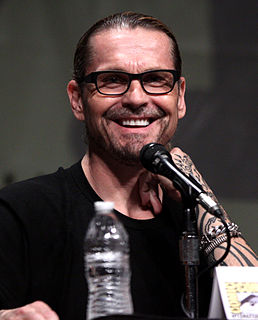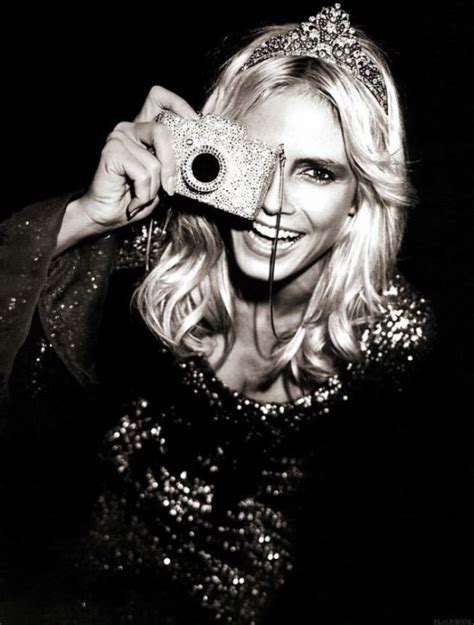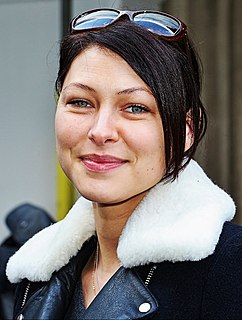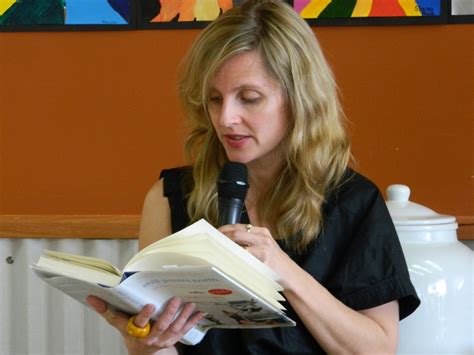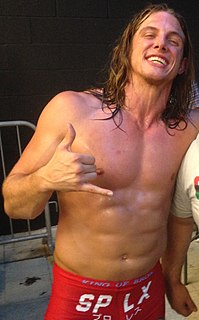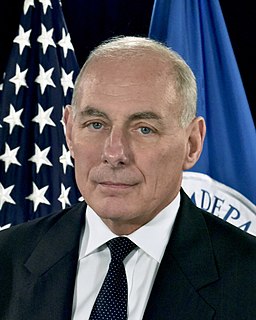A Quote by Philipp Meyer
I'd grown up in a working class neighborhood in Baltimore, a place hard hit by the offshoring of numerous heavy industries - steel, textile, shipbuilding.
Quote Topics
Related Quotes
Jack Geisinger. He passed, but we were friends up until the end. We took a dress design and apparel class, and I realized that I didn't like it, mostly because I couldn't sew very well. I then change over to textile design, where I could draw and paint. It was perfect for me. I got to the height of my career as a textile designer. I was working with people like Donna Karan, Jean Muir, and Scott Barrie.

